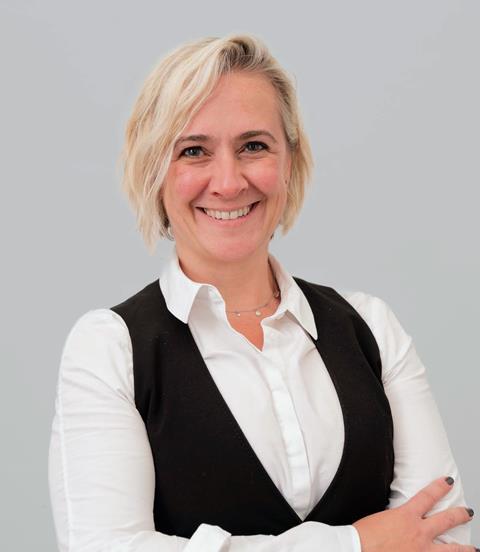Partner, Bristol
I specialise in inheritance tax planning, asset protection, care fee funding, mental capacity, vulnerable clients and the Court of Protection. However, changing demographics have seen a shift in the need to advise older clients about long-term care and mental capacity. Then, at the other end of the scale, parents of children with learning difficulties or disabilities. Also, understanding how to structure financial assets to ensure that the right legal outcomes are achieved. This is a growing area as people are living longer and we are seeing complex needs affecting people at all stages of life.

Common misconceptions centre on how care is funded. People find it very hard to understand that long-term care is largely means-tested and that they are required to pay for care – they expected the state to provide for them or their loved ones. At an already exhausting time, it can be challenging to navigate the legal complexities of who is responsible for care fee funding (which broadly falls into three camps: the NHS, the welfare state or privately funded). However, care costs money so someone must pay. My role is to assist people in understanding who should be paying for care fees – it is not as straightforward as you might think.
Wills are interesting. They are often just seen as ‘bits of paper’ that anyone can write. Technically this is true, but what are the words used? What are the implications? My advice to people thinking about (or putting off) making a will is to think long and hard as to what legacy you want to leave. Do you want to leave your family well provided for or a trail of uncertainty that can be even more costly than getting wills written properly?
'There are 90,000 children and young people with disabilities living within an hour of Bristol and 77% of them cannot access regular leisure facilities'
I am pleased that the Law Commission is looking at wills reform. Given that the legislation (and indeed case law) in this area is hundreds of years old and yet society has changed so much in that time, it is really important that the law reflects this. I would like to see a better understanding of the test for testamentary capacity in light of the Mental Capacity Act; to look at how we make these documents relevant in a digital world; and the big one, regulation of the sector.
The Assisted Dying Bill raises more questions than it answers. There are already mechanisms in place – such as advance decisions to refuse treatment or delegated decision-making under health and care lasting powers of attorney – where people can refuse life-sustaining treatment, meaning their life expectancy is curtailed. This is not talked about enough as part of the ‘bigger picture’. The bill puts the onus on the medical profession and judiciary to make decisions but the NHS and the court system are already overwhelmed. I wonder how the proposals in the bill will work in practice.
I recently joined the charity Gympanzees – a world of fun and fitness for all disabled children. There are 90,000 children and young people with disabilities living within an hour of Bristol and 77% of them cannot access regular leisure facilities. This means that they cannot play, exercise or socialise in the same ways as their peers. The Gympanzees mission is to enable every child and young person with a disability to access regular play, exercise and friendship, to improve their physical and mental health and wellbeing, and to take their families out of isolation. I joined after attending a fundraising dinner. I was struck by the passion of founder Steph Wheen and thrilled to be invited to come on board. It is fantastic to bring my legal skills to the table, but I am just so pleased to be able to help this get up and running.
































No comments yet